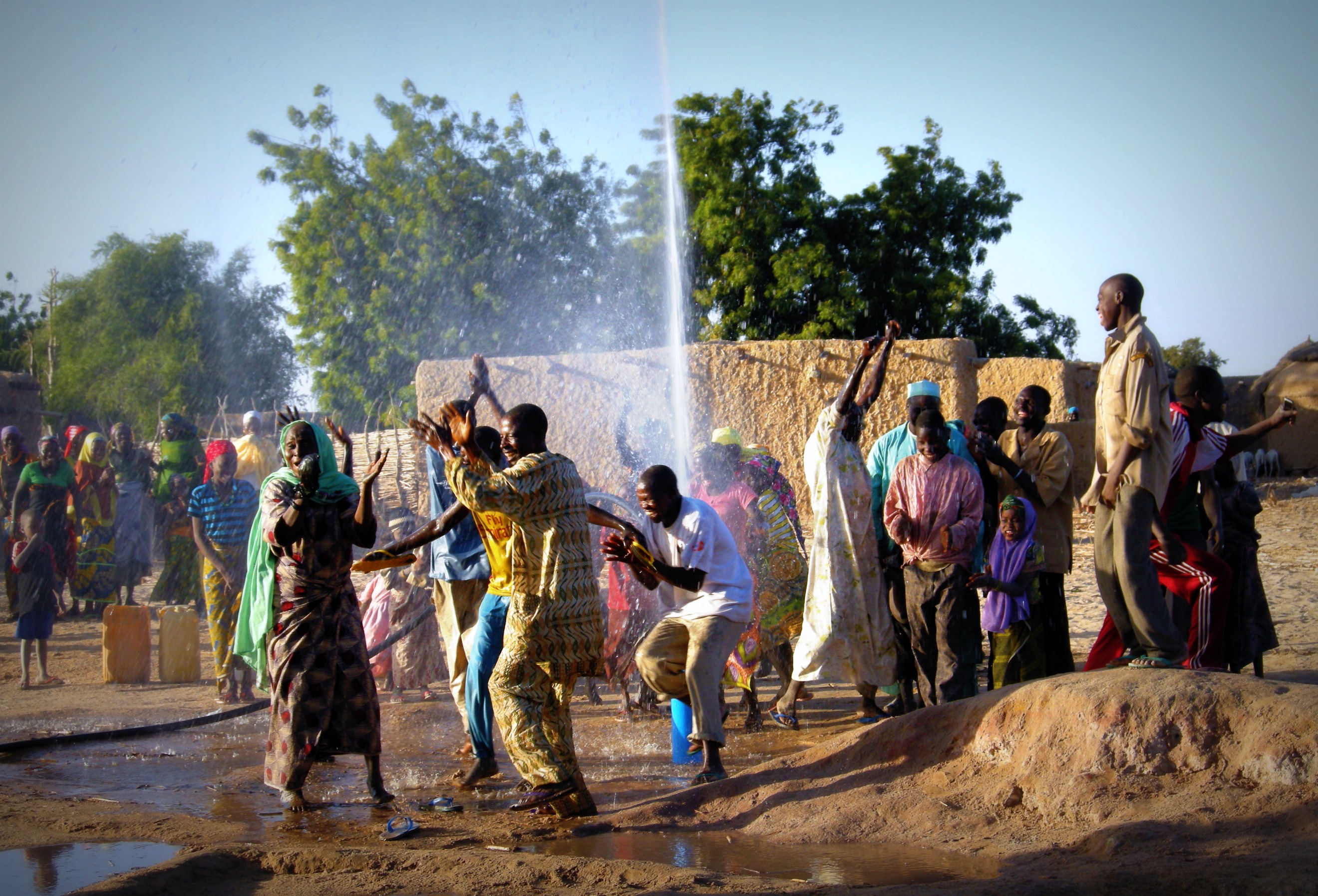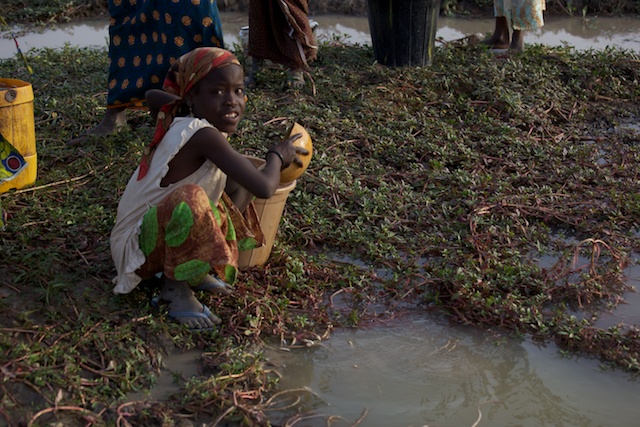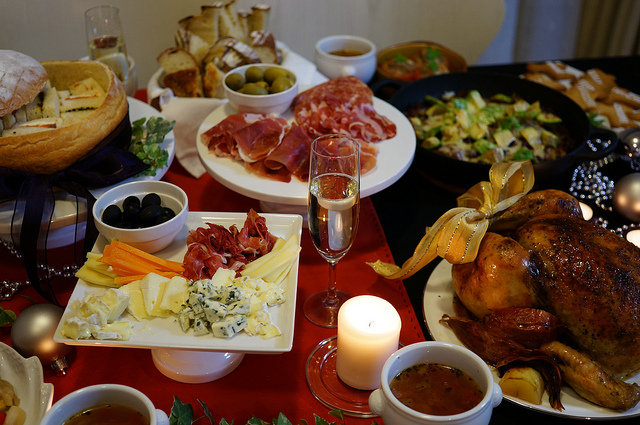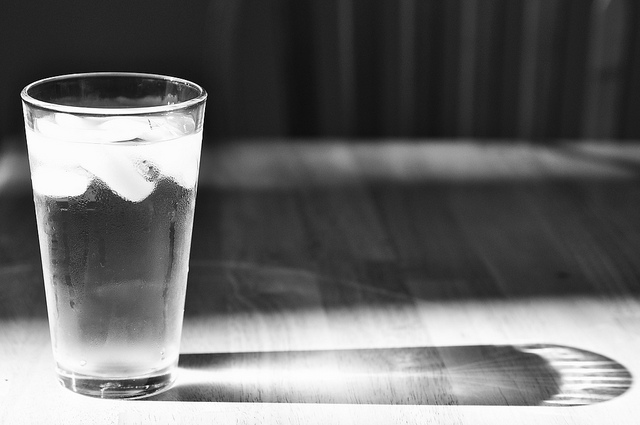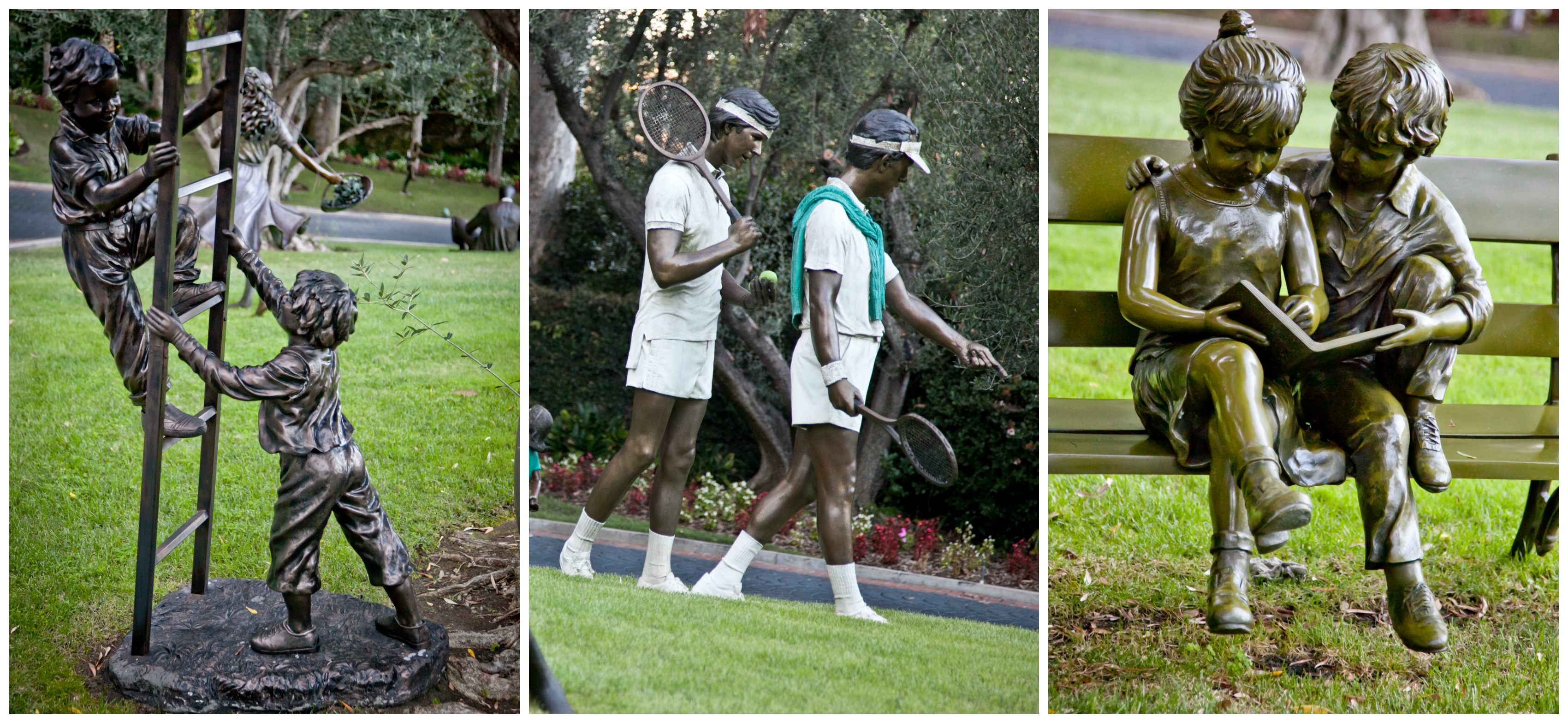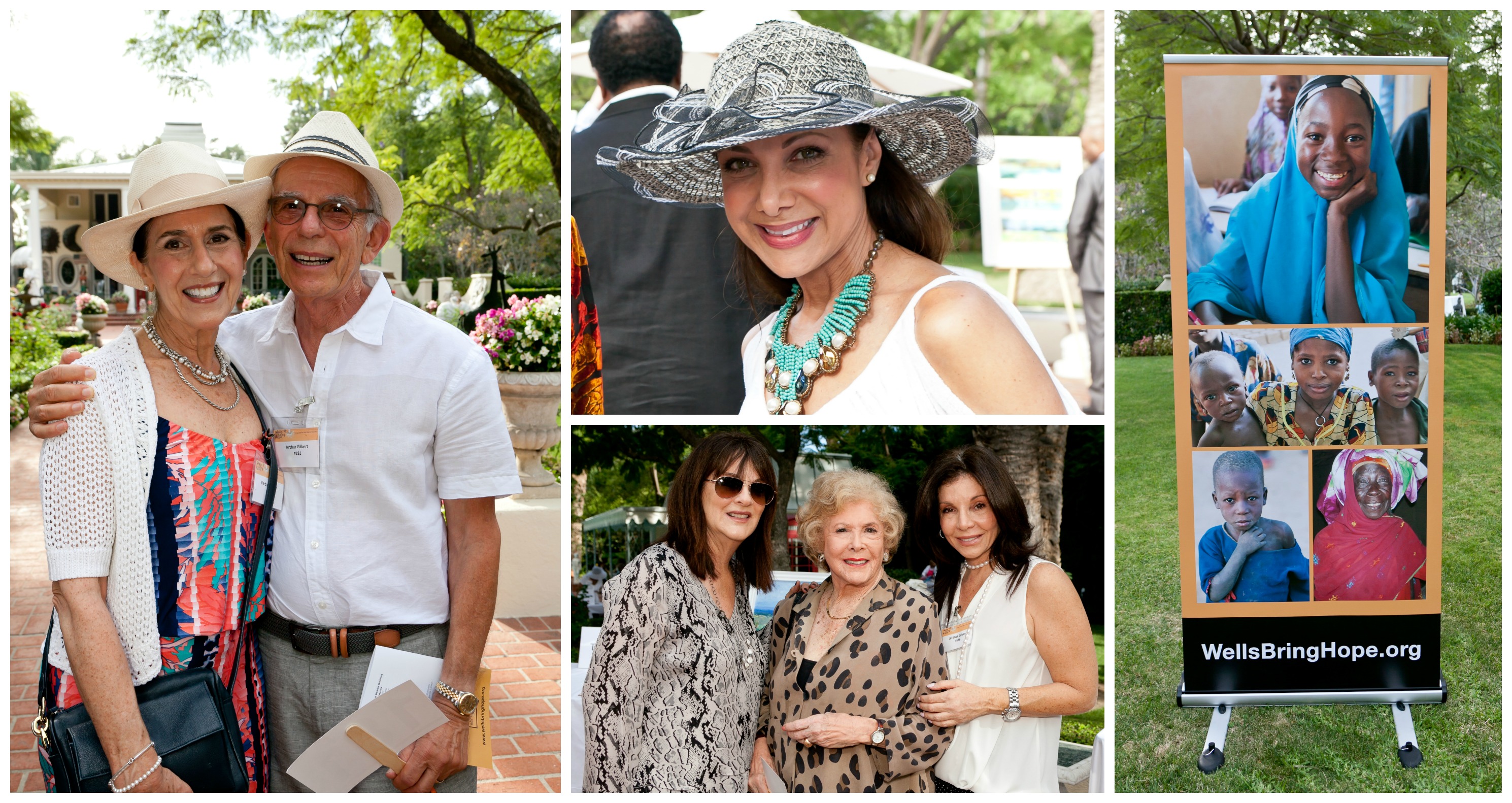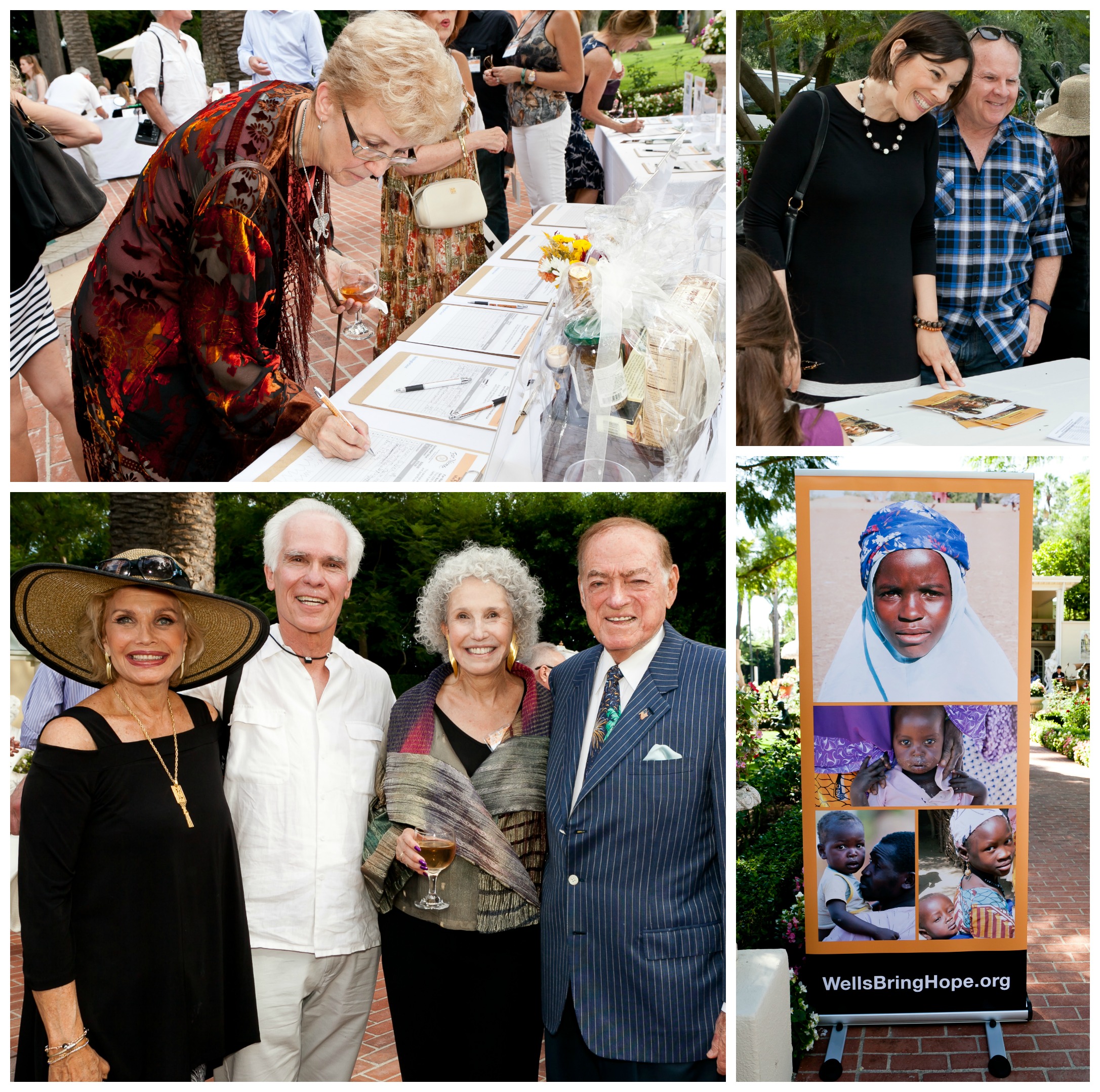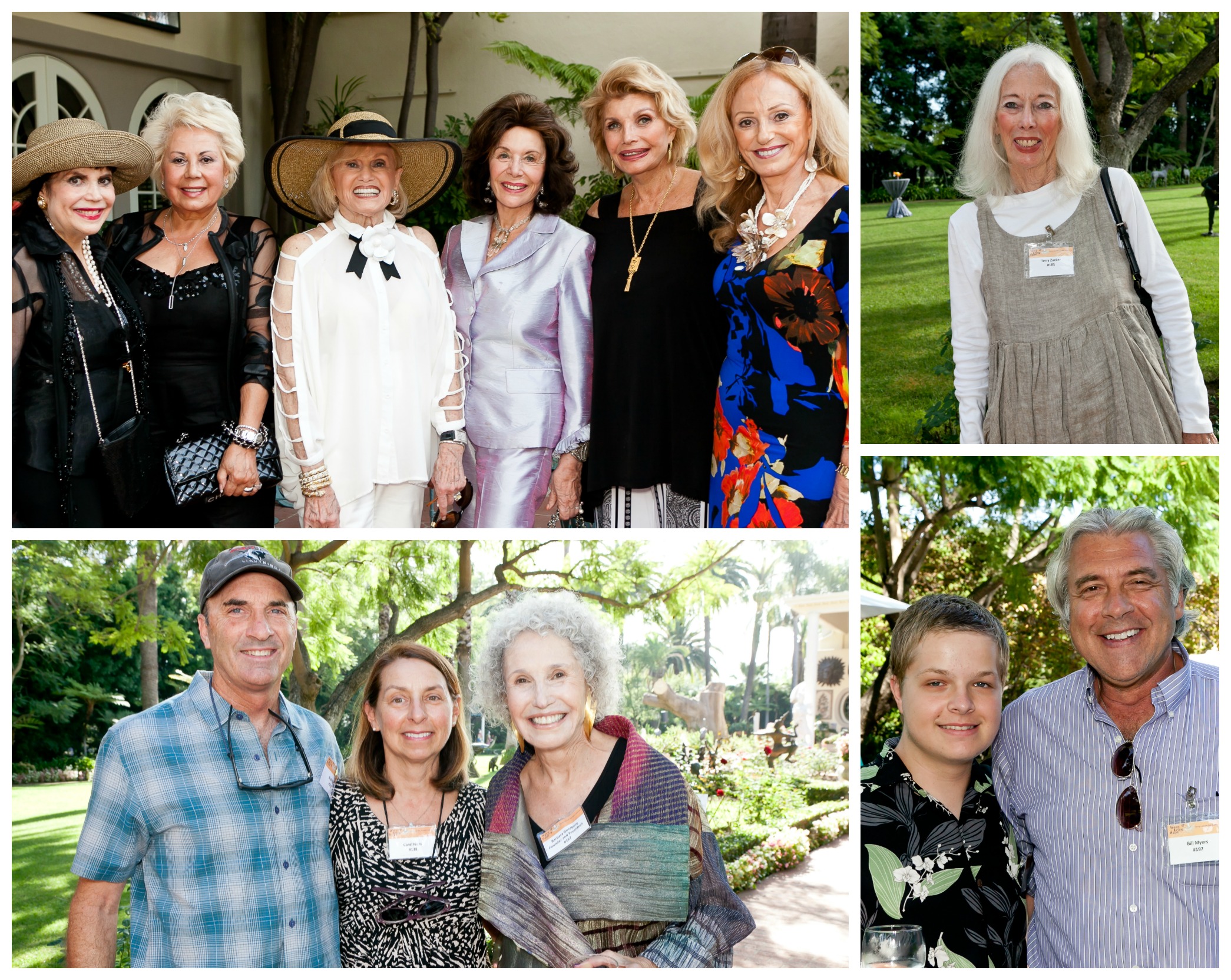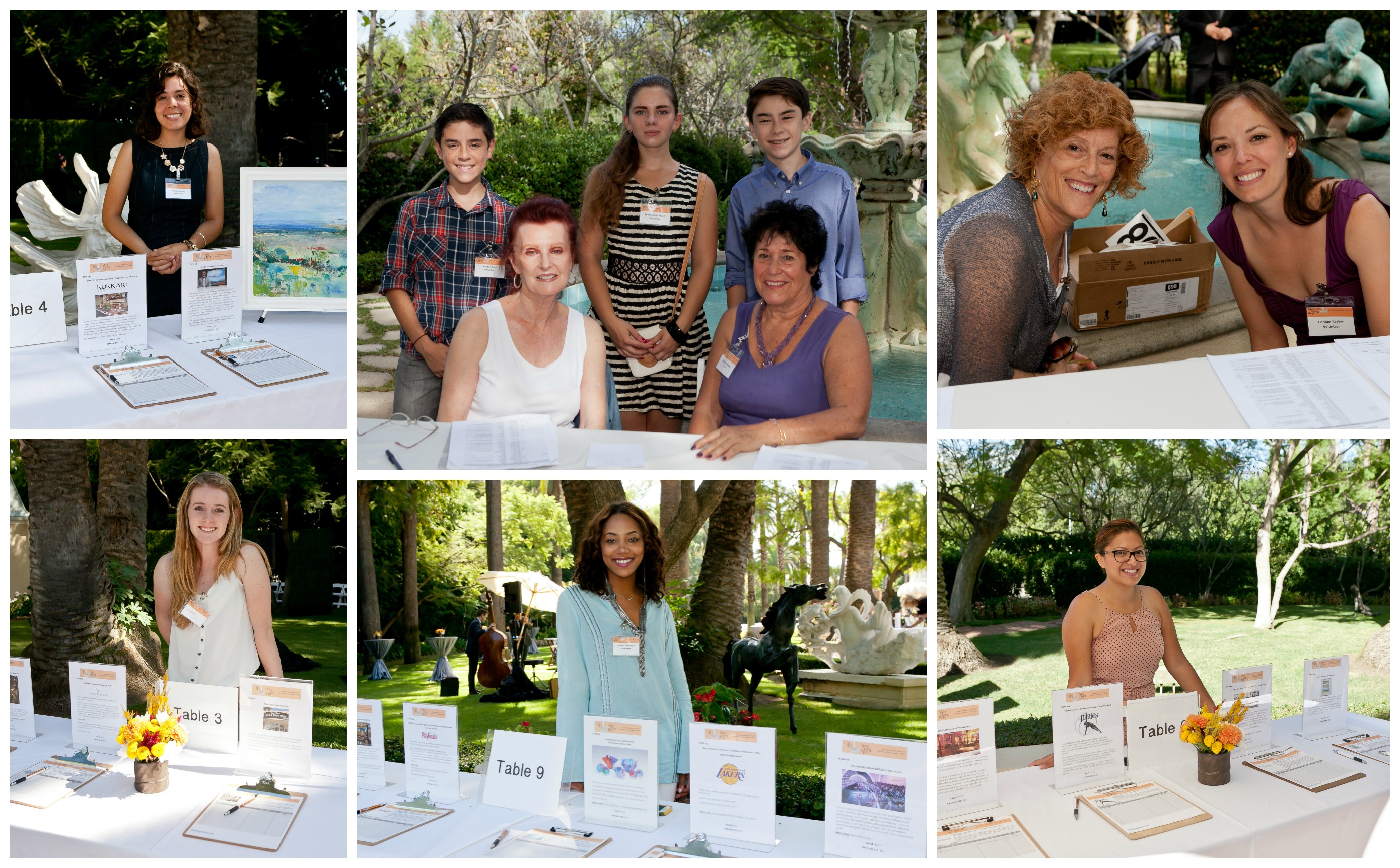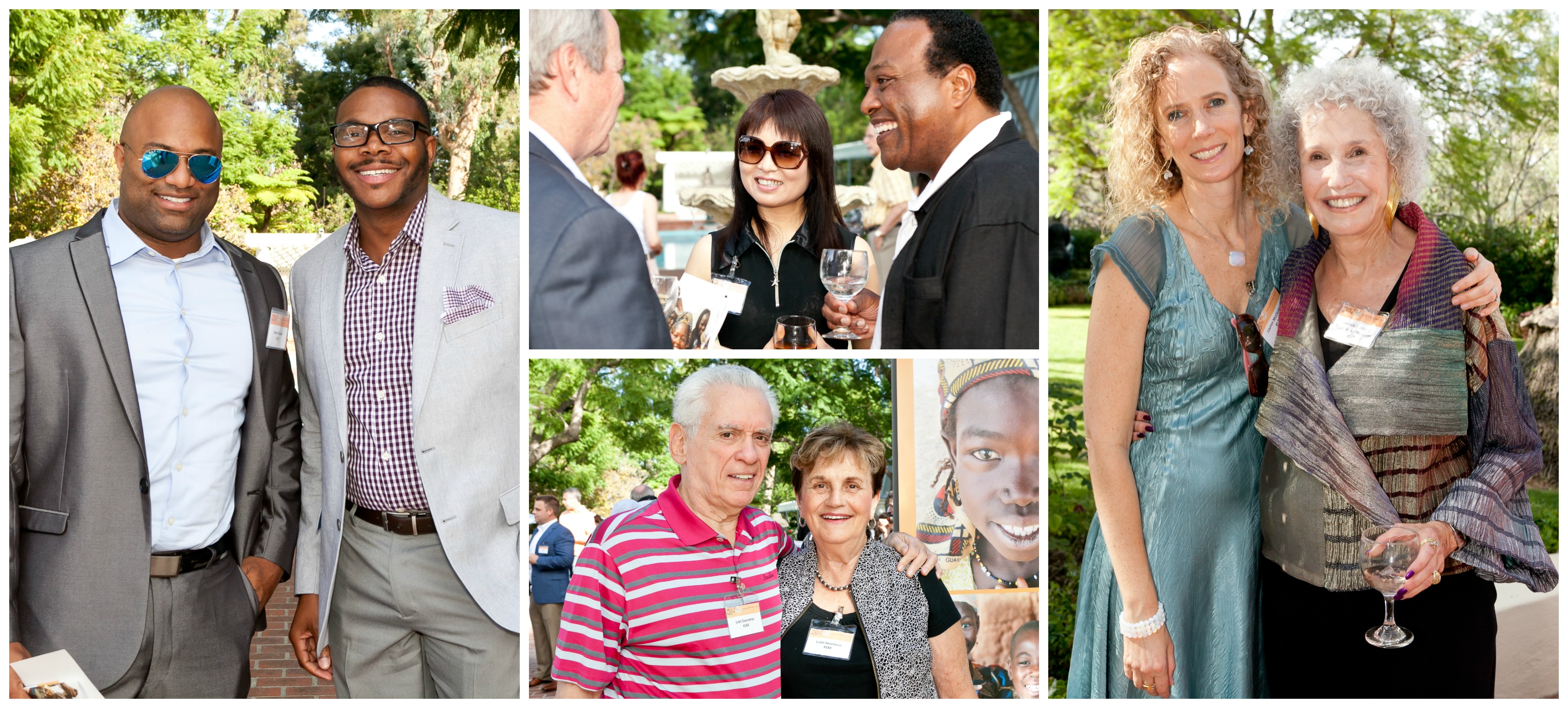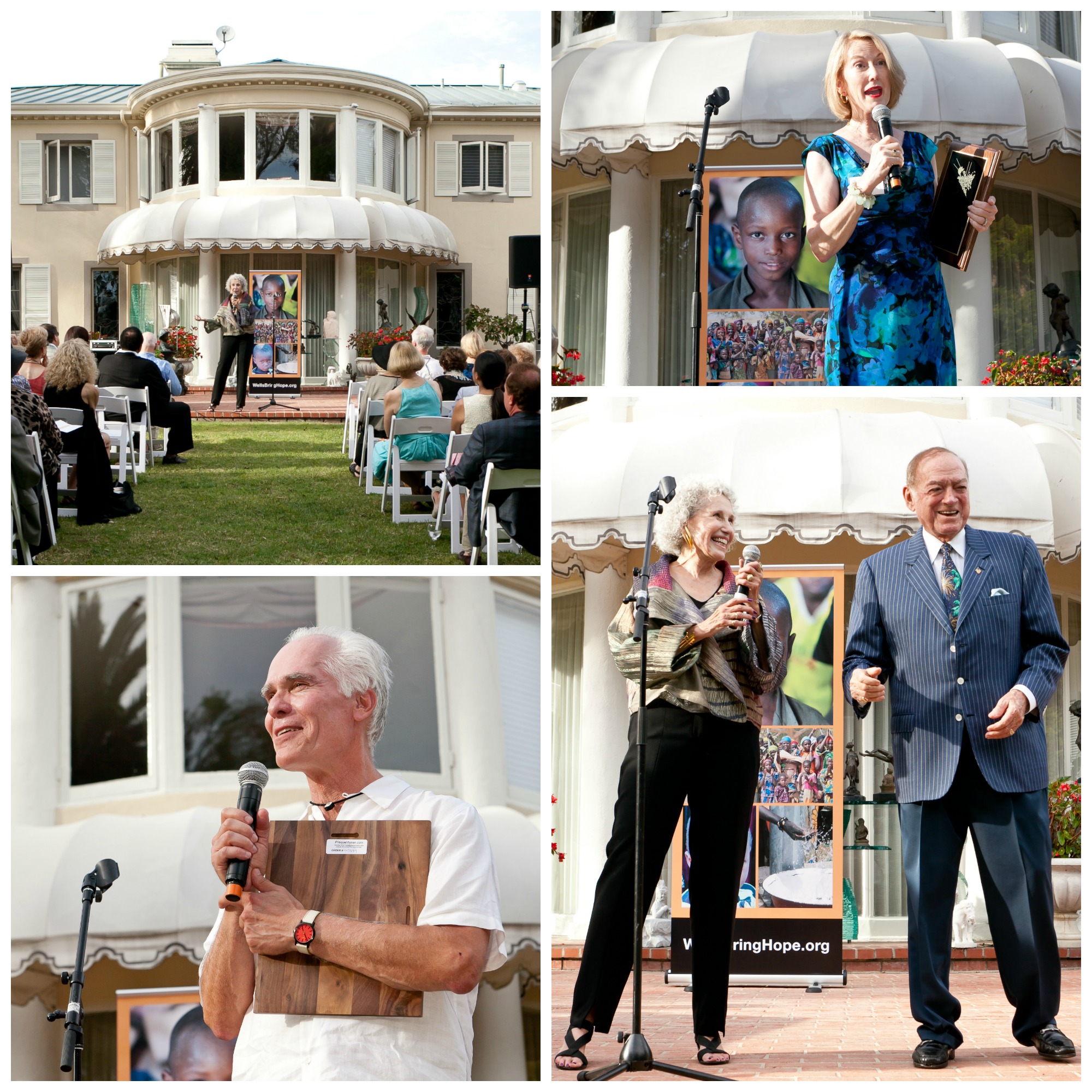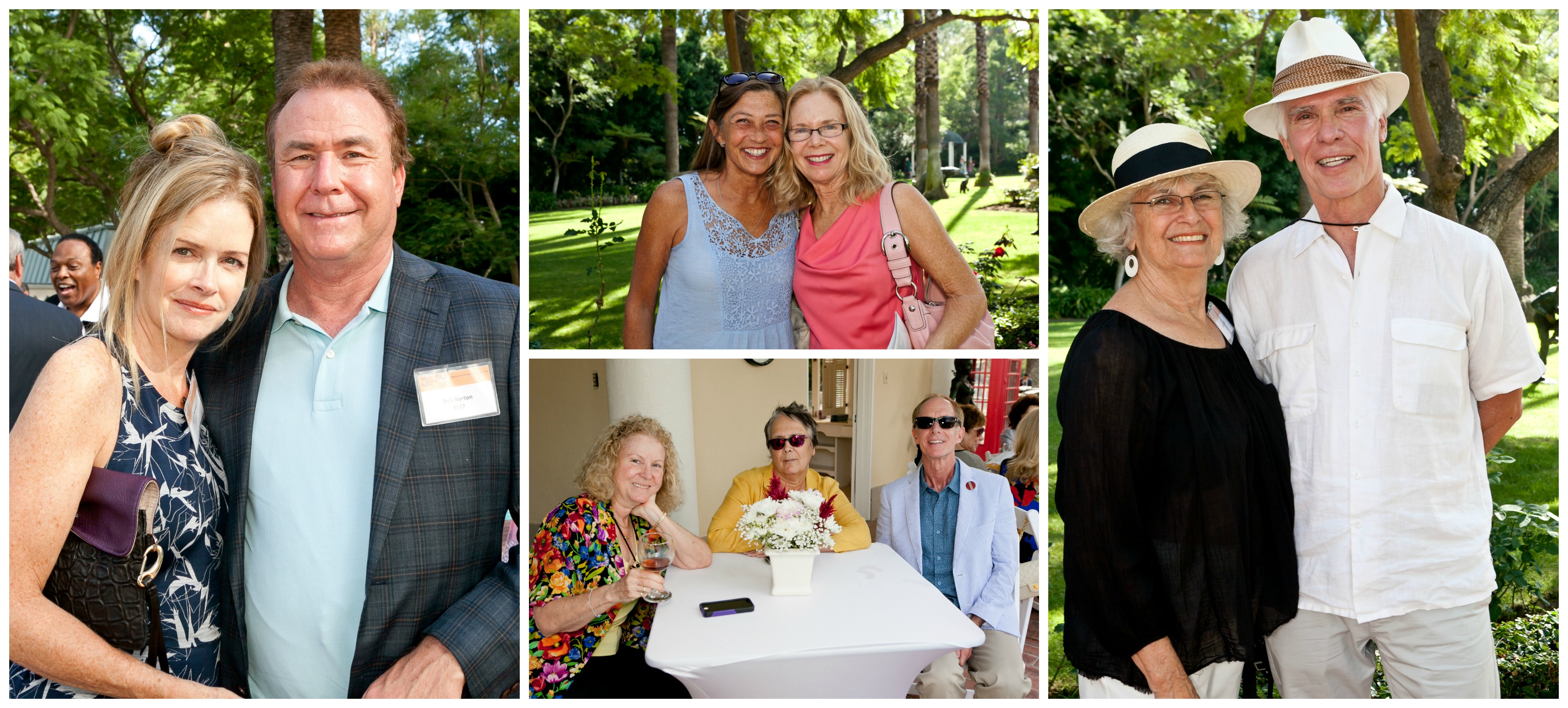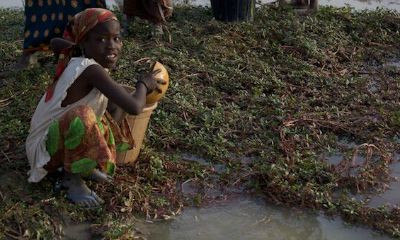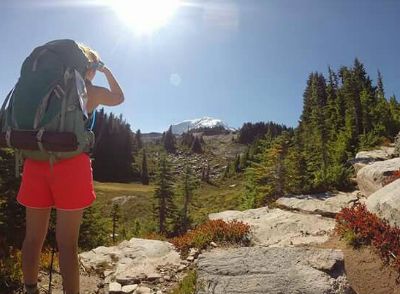By Vanesa Martin
Just a pinch of sound logic is enough to realize that denying educational opportunities, justice, and equal rights to women oppresses approximately half of the world’s population. The oppression of women misuses the scarce resource that is human brainpower and vastly inhibits the possibility of prosperity for many developing nations. It’s an equation that does not add up. On the noble quest to end global poverty, we are casting aside the very individuals that experience it and could be empowered to contribute meaningfully to the solution.
It has taken the global community a frustratingly long time to admit this fact, and it has taken even longer—in fact, it is still a rough work in progress—to take action with respect to the empowerment of women. Recently, President Obama addressed this very fact in a region where the discrepancy between the treatment of males and females is substantial – Africa.
During his four-day trip to East Africa, President Obama declared that Tanzania and Malawi have joined the Let the Girls Learn movement to encourage and facilitate the school attendance for adolescent girls. The movement helps to identify key barriers keeping girls from completing their education and subsequently tackle them more effectively.
Tanzania and Malawi have joined with nine other African nations to participate in the DREAMS (Determined, Resilient, Empowered, AIDS-free, Mentored, and Safe) partnership, where $210 million has been allocated for AIDS Relief (PEPFAR) and the advancement of girls’ education and health.
Hopefully, with DREAMS, PEPFAR, and Let Girls Learn, the situation will change quickly. Hopefully, young people will be given the opportunities to prosper and play an important role in affecting change across the nation.
I saw the drastic need for change when I recently fulfilled my life-long dream to visit sub-Saharan Africa. On my volunteer trip to Tanzania, I was astounded by the differences between that nation and ours. Not only was the language, the culture, the currency, the weather, and the natural landscape completely different, but so was the attitude towards women.
My co-volunteers and I gave 3-4 hour lessons of English to native Swahili speakers every morning for a few weeks, and we were surprised by the demographic of the students who came to class. There were always boys and men of every age, ranging from young toddlers to grown men learning English for their businesses. In the weeks that I taught, there was only ever one woman who attended these classes.
When I asked, I was told that indeed, girls did attend school, but they were usually not allowed to attend the tutoring lessons over the summer or they did not have the time to spare. While I was relieved to hear that female school attendance was good, I was frustrated by the fact that these young men could receive further educational support but their female counterparts could not. It is with this newfound knowledge that I proudly applaud efforts to raise awareness and take action for the empowerment of girls through education and health.
Niger is not yet involved with any of these movements, but it is more than likely that positive results generated by these ongoing rallies in other African nations will encourage their implementation across the continent. For now, Wells Bring Hope continues to empower women by providing them with the tools they need to start their own business, generate income for their families, and begin to alleviate the extreme poverty that plagues Niger. Join us at WBH by volunteering or starting a Water Circle today!
